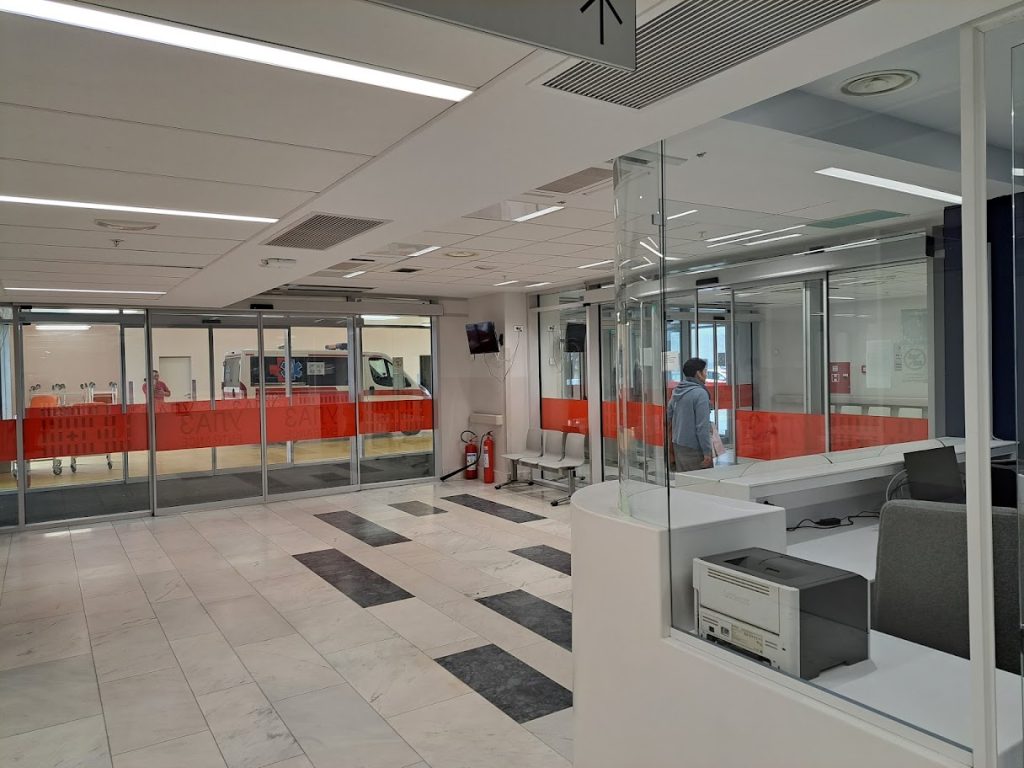Prehospital care and triage are essential components of emergency medical services (EMS) that help to ensure that patients receive the appropriate level of care in a timely manner.
Prehospital care refers to the medical treatment that is provided to patients before they arrive at a hospital or other medical facility. This may include basic first aid, such as wound care and pain management, as well as more advanced procedures, such as intubation and administration of intravenous fluids.

Prehospital care is typically provided by paramedics or other specially trained EMS personnel who are equipped with advanced medical equipment and supplies.
Triage, on the other hand, is the process of sorting patients based on the severity of their medical condition and their likelihood of requiring immediate medical attention. Triage is typically performed by EMS personnel, emergency department staff, or other healthcare professionals who are trained in the use of standardized triage protocols. The goal of triage is to ensure that patients receive the appropriate level of care based on the urgency of their medical needs.
In an emergency situation, triage typically involves assessing patients based on a set of criteria, such as the severity of their injuries or illness, their level of consciousness, and their vital signs. Patients who are deemed to be in critical condition may be transported to a trauma center or other specialized medical facility, while those with less severe injuries or illnesses may be treated at a local hospital or other medical facility.
Overall, prehospital care and triage are critical components of emergency medical services that help to ensure that patients receive timely and appropriate medical care. By providing early intervention and appropriate triage, healthcare professionals can help to improve patient outcomes and reduce the risk of complications or long-term disabilities.
